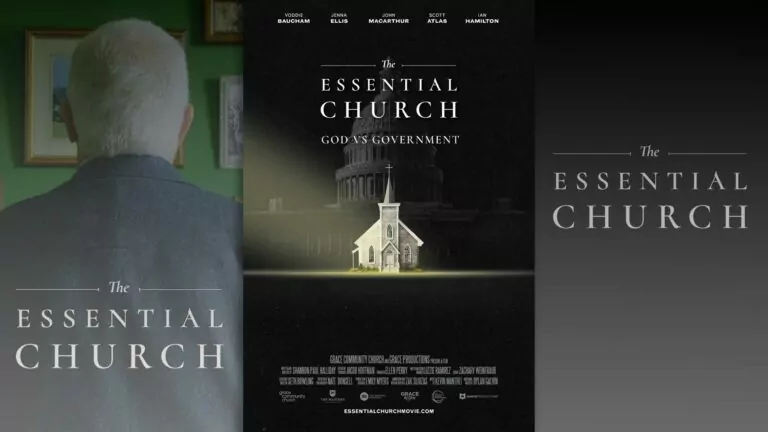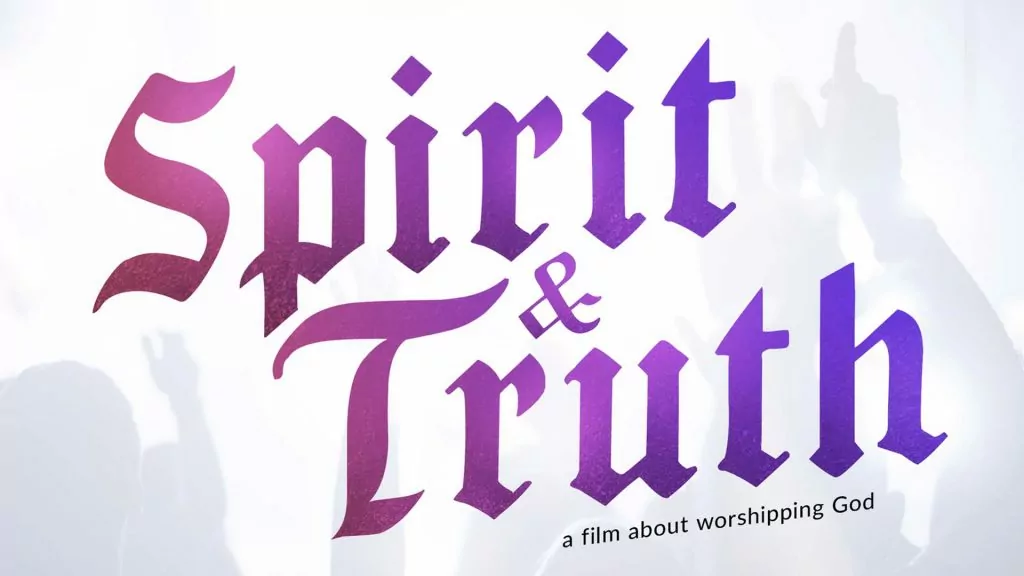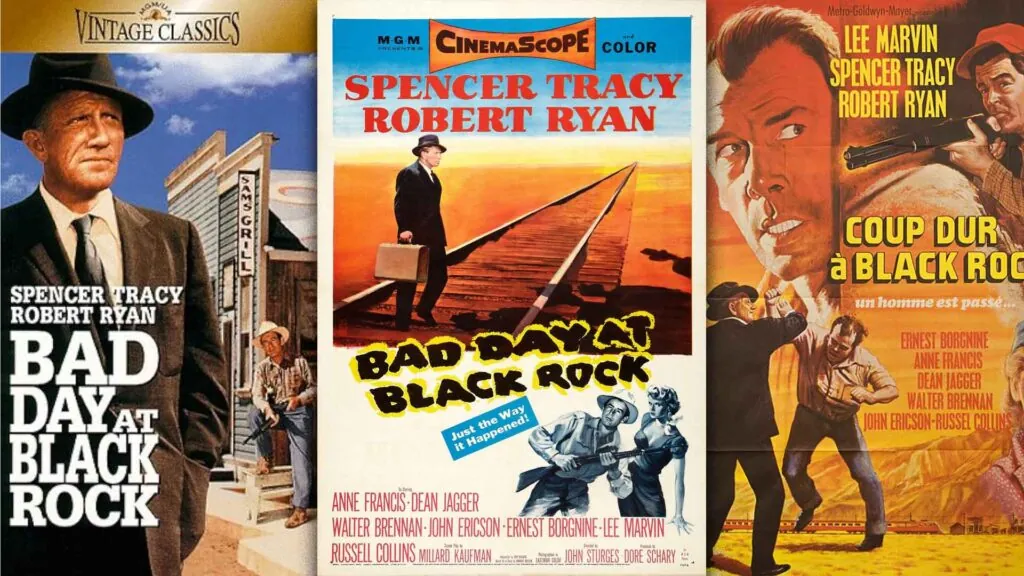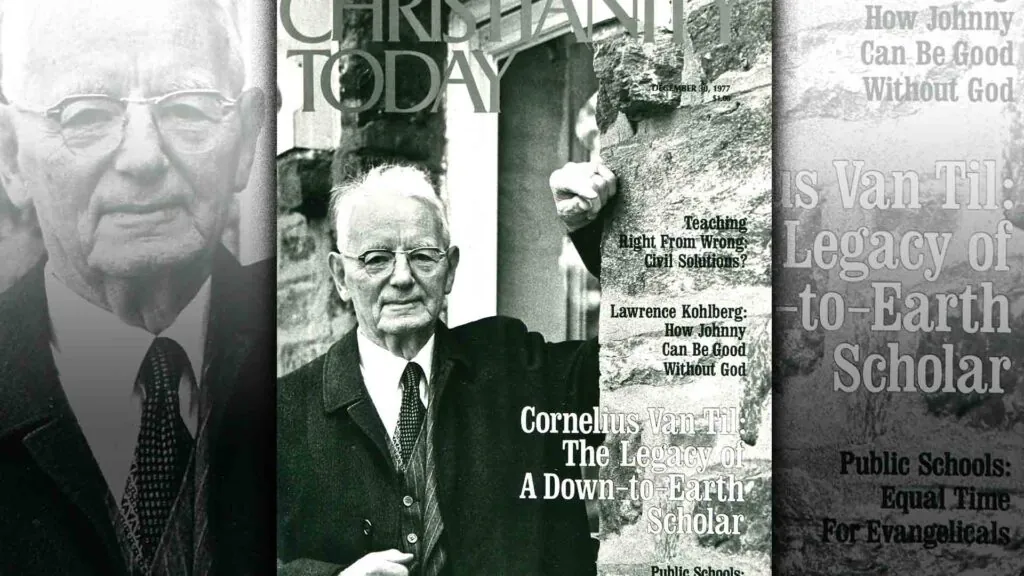Documentary
2023 / 126 minutes
Rating: 8/10
The Essential Church is a documentary put out by a Californian church, Grace Community Church, that refused to stay closed during the lockdowns. It is their defense of their actions, aimed at fellow Christians, more than at the world, and I was very interested to hear them out. But then I learned the closest screening was at a theater 2 hours away and, well, I wasn’t that interested..
Then I found out that John MacArthur, the pastor of Grace Community, holds that the American Revolution was a violation God’s call, in Romans 13, to be submissive to the governing authorities. How is that for an interesting twist? In a country where everyone defends the rejection of British authority 200 years ago, the pastor who thinks it was sinful is also one of the only pastors to lead his congregation in a revolt against his own government’s authority when it comes to shuttering his church. What is going on here? I had to know, so I had to go.
At more than 2 hours long, there was a lot more on offer than I’m going to highlight here. But I did want to share some of main points.
1. The king doesn’t rule over all
The film begins with a picture of a three legged stool. It belonged to a Scottish woman by the name of Jenny Geddes, long admired for her strident stance against an English king’s impositions on the Scottish church. The year was 1637, the English king was Charles I, and his imposition was the Anglican Book of Common Prayer, which he required the Scottish churches to use. The Book itself might not have been all that bad, but the problem was how it was being done – the king demanding. So when an Anglican cleric climbed into the pulpit of the Scottish cathedral of St.Giles and began to read out of the book, Geddes was having none of it, and threw her stool at him. She took her stand against a king who thought he could rule the Church.
Geddes seemed to be holding to, and the film arguing for, a form of sphere sovereignty: God has given authority not just to the civil government, but also the Church “government” and the family “government, to exercise each in their own “spheres.”
Two other terms are introduced early on: the “Erastian” and “Papist” positions. Eurasians hold that God has given all earthly authority to the civil government who rules over the Church and Family.
Erastian
- King
- Church
- Family
This is what Charles I held to. Though are own governments today don’t recognize God, they act as Erastians when the presume that their authority extends to every corner of life. Since this is how our modern government’s act, it is the model we are most familiar with. It is easy then, to just assume that’s because today’s civil government is domineering, inserting itself everywhere, then that is the natural order of things.
But it hasn’t always been this way. The Papist position was commonplace until a few centuries ago, and here the Church holds the top position, with kings and princes deferring to the Church.
Papist
- Church
- King
- Family
So when God says we should submit to the authorities, Grace Community thinks the question we should be asking is, who are the authorities in this situation? And, why would we just assume it must be the civic government and not the Church or Family government?
2. God does rule over all
Next up is a trip down memory lane, with news clips about the many who were getting sick, but stories also about children who struggle with isolation, depression, and other mental health matters. We hear about a woman whose father was diagnosed with cancer, and she wanted to take him to church. We learn about seniors who died with no one to comfort them.
The argument being made here doesn’t require the viewer to believe in sphere sovereignty or reject the Erastian position, but only to consider what it means for God to rule over all. Then it isn’t simply Romans 13 that we have to consider, but all His commands, including His call to worship (Heb. 10:24-25), His command to love our neighbors as ourselves (Mark 12:31), to honor our elders (Ex. 20:12), to love and protect our children (Ps. 103:13), to proclaim His gospel (Acts 5:28-29). We are called to obey the governing authorities, but, as Peter proclaims, there is a limit to that authority. If there is a conflict between God and government, then we must obey God, rather than Man.
3. Hypocrisy is informative
I think most Christians will agree that there is a degree to which our obedience to any government church closure orders is going to hinge on our assessment of whether there is a real emergency or not.
If, for example, they tried to shut churches to slow the spread of the common cold, I think we might all agree that was an order we couldn’t obey. Yes, worship might exasperate the spread of colds, and some might even die from catching the cold, particularly among the elderly. But in our risk assessment, we would say, that is not reason enough to disobey God’s call to worship. But if something like ebola, with its 50% fatality rate, broke out, I think Grace Community would obey whatever closure orders the government might issue, and I don’t know that anyone would disagree.
Among the news clips shown, we see reports of the Black Lives Matter protests that were allowed to go on, even as churches were closed. Politicians joined the protests, even as they continued to say we had to remain isolated. I don’t think the argument here is that we can disobey our rulers because they are hypocrites. I think, rather, it is that their actions gave us valuable information. If the politicians, on the one hand, said going to church might kill your grandmother so it wasn’t worth the risk, but on the other hand said that the BLM protests were so important that allowing them and encouraging them and joining them was worth the risk to grandma and everyone else, then God’s people, with our very different, but God-given understanding of what really is important in this world, might come to a different conclusion.
4. Canadian connection
John MacArthur’s church wasn’t the only to open, so about halfway in, we’re introduced to some Canadian pastors who also defied government lockdown restrictions. The one I’d heard the most about was James Coates, pastor of GraceLife church in Edmonton, Alberta, in part because when a longtime Mormon friend wanted to check out a church, this was the only one open for me to send him to.
I think there were two separate compliance issues to wrestle with – church closure orders, and mask mandates – but in both MacArthur’s Grace Community and Coates’ GraceLife churches, their defiance extended to both. However, The Essential Church doesn’t really offer much of a case against mask wearing. I would have been very interested to hear more on that point, or to hear from any churches that defied the closure order and obeyed the mask mandates.
Pastor Coates got a lot of criticism from fellow Christians, and one accusation I saw repeatedly was that he was putting on a performance, making it all about him, and simply grandstanding. If you know anyone who thought or wrote something like that, this is a must-see for them. After listening to him share what he was facing, and the conclusions he came to, you might well disagree with him, but I don’t know that anyone will be left questioning his intent.
Conclusion
Though this well-produced, well-argued, and important, at just over 2 hours, it tested my attention span. Now that it is available for streaming, I think this will work out fantastic at home where it can be scheduled with an intermission. That’ll allow for some great discussion, and snack bowl refills.
The only caution I’ll offer is that there is the one side on offer here. I think they are pretty fair, but they have their stand, and they are arguing for it. And they are aggressive about it, because they want the Church to be ready whenever the next crisis might appear.
This is an important one for all God’s people to interact with because there is a time when we must, and a time when we cannot, submit. Now, with the benefit of distance and hindsight, it would be good to wrestle with this issue anew, and not wait until circumstances force it on us again.
I’d recommend it for adults, generally, but my 11-year-old was intrigued too, and able to follow and interact with the discussion, with a little parental guidance.
Find out more at the film website EssentialChurchMovie.com. The website initially said it was going to start streaming as of Aug 31, but that note is now gone – I suspect it is doing better in theaters than they were expecting, so they are keeping it there for now. But it should be coming to online distribution soon.
See also the trailer below, though I think it comes off more strident than the film itself.












